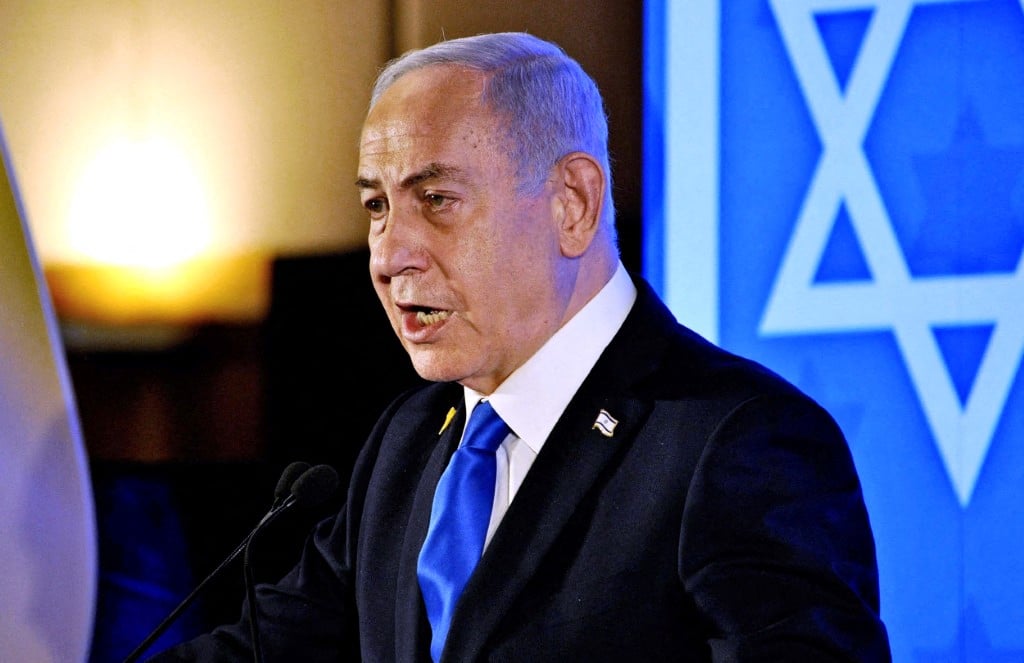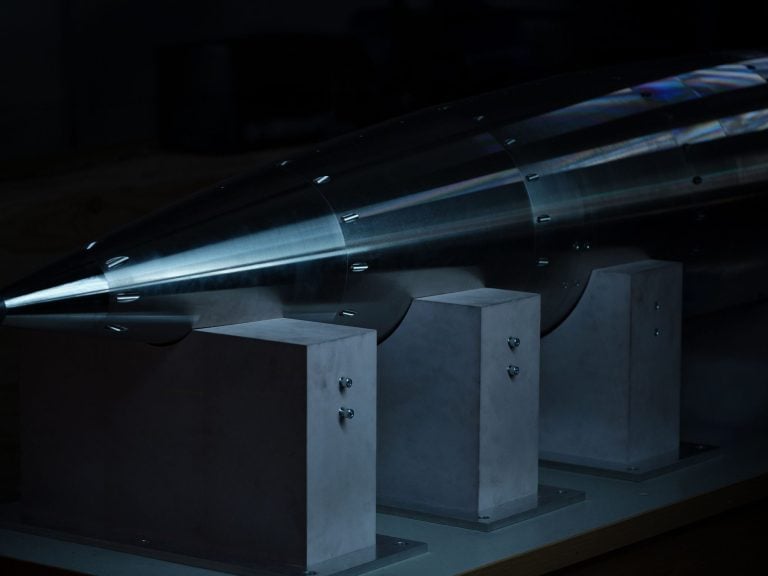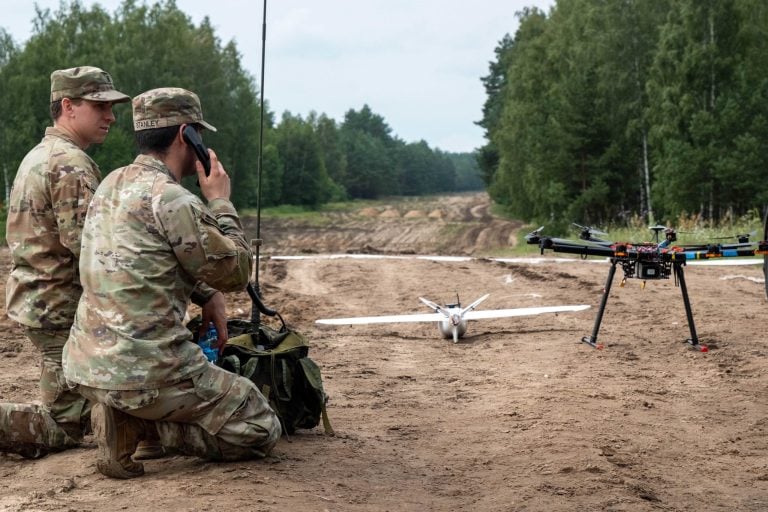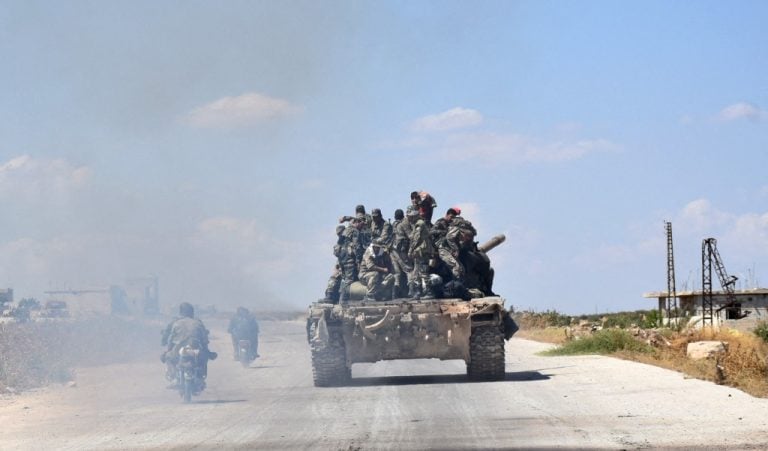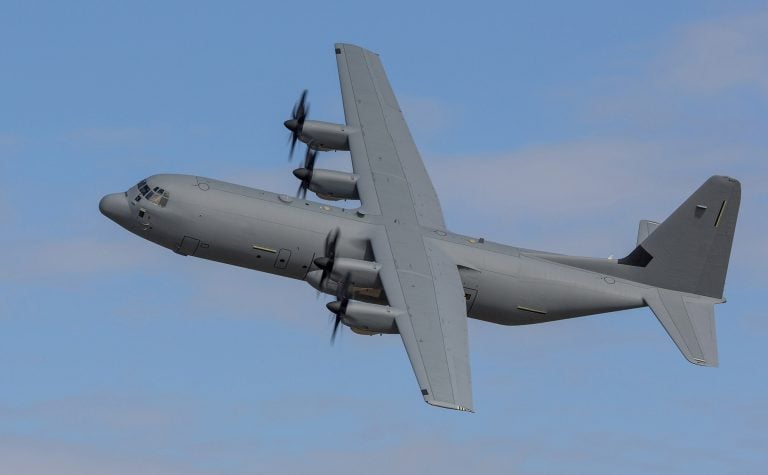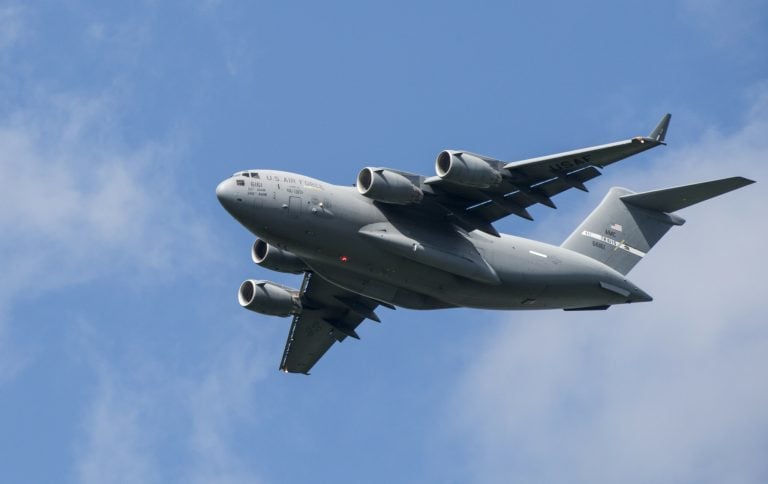In a dramatic escalation of tensions in the Middle East, Israeli Prime Minister Benjamin Netanyahu’s longstanding threats against Iran were realized on Friday as Israel launched its largest military operation against Tehran. This unprecedented strike targeted around 100 sites, including key nuclear facilities and military command centers, resulting in significant casualties, including the deaths of prominent military officials and nuclear scientists.
The timing of the strikes coincided with a planned meeting between U.S. President Donald Trump and Iranian officials in Oman, set to address the contentious issue of Iran’s nuclear program. Just hours before the military action, Trump expressed a sense of optimism regarding potential negotiations, stating, “We are fairly close to a pretty good agreement.” Despite advocating for diplomatic solutions, he later downplayed the implications of the Israeli attack, urging Iran via his Truth Social platform to agree to terms to avert further violence, indicating that more “brutal” actions could follow if negotiations fail.
Analysts suggest that Netanyahu’s decision to act boldly was informed not only by a broader strategy to counter Iran’s influence in the region but also by a shift in the geopolitical landscape following the outbreak of war in Gaza, which has significantly altered the dynamics of conflict in the Middle East. Menachem Merhavy, an Iran expert, noted that Netanyahu’s timing appears strategic, given Israel’s prior efforts to diminish Iranian power throughout the region, particularly against Tehran-aligned groups and proxies.
Netanyahu, who has long viewed Iran as a primary threat to Israel, revealed he had contemplated a military solution months prior, indicating plans for an operation against Iran’s nuclear program that he intended to actualize by April 2025. His fixation on Iran dates back well over a decade, escalating notably since former Iranian president Mahmoud Ahmadinejad’s notorious 2005 rhetoric regarding Israel’s destruction. Netanyahu has consistently characterized Iran’s nuclear ambitions as an existential threat, advocating for preemptive action similar to Israel’s 1981 strike on Iraq’s nuclear facilities.
Despite Iran’s assertions that its nuclear program is solely for peaceful purposes, the entrenching of Netanyahu’s perspective since his return to power in 2009 has fundamentally influenced Israeli policy. His dismissal of international agreements limiting Iran’s nuclear activities—including the 2015 deal, which he labeled a “historic mistake”—has led to ongoing tension. The unraveling of this agreement after the U.S. withdrawal in 2018 allowed Iran to progressively enrich uranium toward weapons-grade levels, further validating Netanyahu’s narrative.
While Israel’s intelligence agency, Mossad, has been active in clandestine efforts against Iran’s nuclear development, recent events—including significant blows to Iranian allies such as Hezbollah—have positioned Israel as a dominant force in the rapidly evolving regional landscape. The intense conflict initiated by Iran’s missile launches in late 2024 catalyzed direct confrontations that shifted the power dynamics in favor of Israel, according to military analysts.
As Israel continues to assert itself militarily, experts note that any hopes for fruitful negotiations in Oman may be misguided, particularly given the inherent complexities of Iranian politics and regional perceptions of power. The actions taken by Israel appear as part of a broader strategy not only to neutralize threats but also to assert dominance. The unfolding situation raises critical questions about the future of diplomatic efforts in the region and the escalating cycle of violence that may ensue if tensions are left unchecked.
